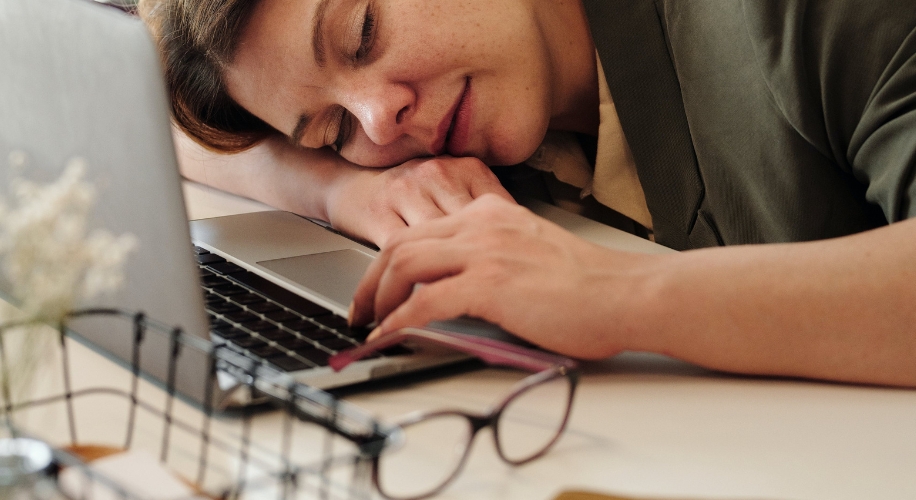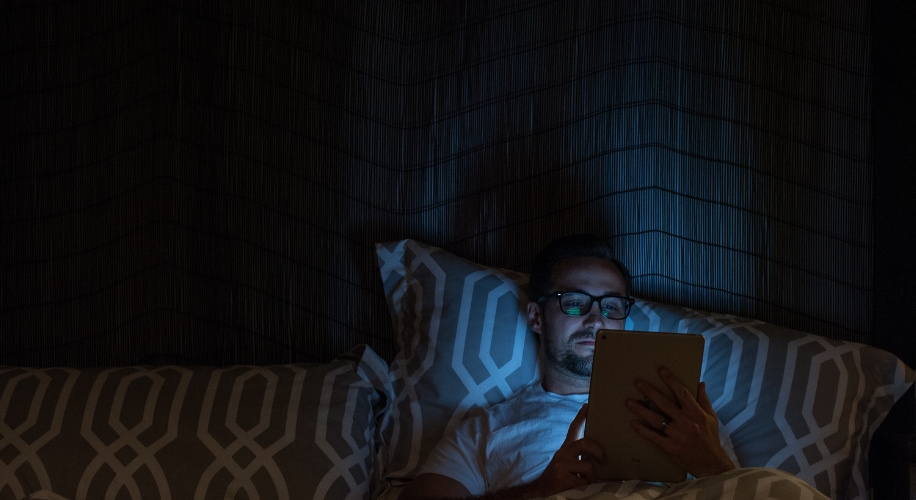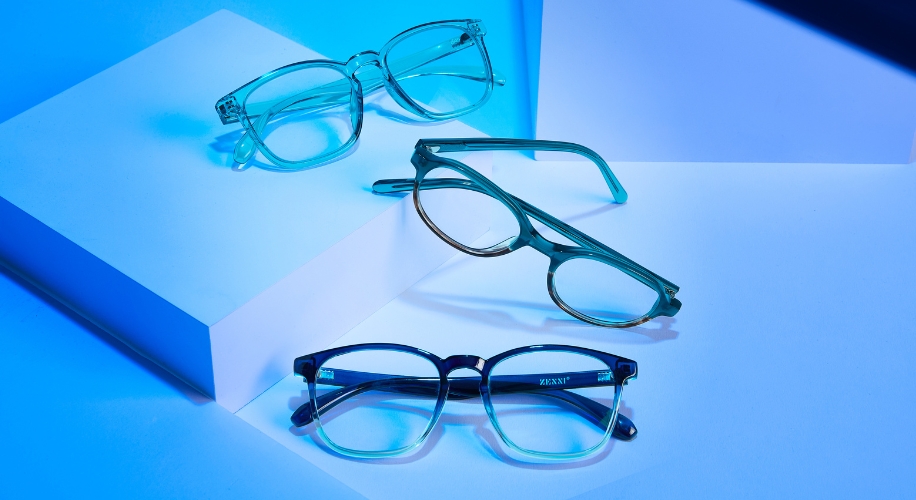The Power of Restorative Sleep for Eye Recovery
- BY Dr. Steven Liem
- IN Eye Health
 Photo by Marcus Aurelius
Photo by Marcus Aurelius
As eye care specialists, we understand that the health of your eyes is tied to your overall well being. One of the most beneficial, yet often overlooked, aspects of eye health is the restoration that occurs during a good night’s sleep. Restorative sleep is not just about quantity but also the quality of sleep, which can significantly impact your eyes’ ability to heal and maintain optimal health.
Understanding Restorative Sleep
 Photo by Andrea Piacquadio
Photo by Andrea Piacquadio
Restorative sleep, also known as deep sleep, is a period during which your body undergoes recovery and regeneration. This phase is crucial for eye health for several reasons:
- Cell Repair: During sleep, your body repairs damaged cells, including those in your eyes, which can help prevent eye strain and maintain visual acuity.
- Moisture Replenishment: Closed eyes allow for continuous lubrication, helping to clear out irritants and prevent dryness or irritation.
- Toxin Clearance: Sleep facilitates the removal of toxins accumulated in the eye throughout the day, reducing the risk of inflammation or infections.
Achieving restorative sleep is not always straightforward, but it is essential for eye care routine and maintaining the long-term health of your vision.
How Sleep Affects Eye Health
 The connection between sleep and eye health is profound. A lack of restorative sleep can lead to a range of eye-related issues:
The connection between sleep and eye health is profound. A lack of restorative sleep can lead to a range of eye-related issues:
- Dry Eye Syndrome: Insufficient sleep can disrupt the balance of tear production and lead to dry, uncomfortable eyes.
- Eye Strain: Without adequate rest, your eyes can become fatigued more quickly, especially during activities that require intense focus like reading or using digital devices.
- Slower Recovery: Postponing sleep hinders the body’s natural recovery process, which can slow down the healing of eye-related injuries or surgeries.
To help mitigate these issues, it is essential to prioritize sleep as a critical element of your eye care strategy.
Tips for Better Sleep and Enhanced Eye Recovery
Improving your sleep quality can have a direct positive impact on your eye health. Here are some practical tips to encourage restorative sleep:
- Consistent Sleep Schedule: Going to bed and waking up at the same time each day helps regulate your body’s internal clock.
- Screen Time Management: Limiting exposure to screens before bedtime can reduce the impact of blue light on your sleep patterns.
- Bedroom Environment: Creating a comfortable, dark, and cool environment can help signal to your body that it’s time to rest.
- Eye Protection: Wearing proper eyewear during the day, especially if you spend long hours in front of screens, can reduce eye strain and prepare your eyes for rest at night.
Taking these steps can enhance the quality of your sleep and contribute to healthier, more resilient eyes. Remember, while sleep is a passive activity, active decisions to improve it can lead to significant benefits for your vision.
 If you’re looking for more ways to protect your eyes, both during the day and while you sleep, consider exploring the affordable and stylish eyewear options at Zenni Optical. Our collection includes features like blue light blocking and anti-reflective coatings, designed to help reduce eye strain and promote better eye health.
If you’re looking for more ways to protect your eyes, both during the day and while you sleep, consider exploring the affordable and stylish eyewear options at Zenni Optical. Our collection includes features like blue light blocking and anti-reflective coatings, designed to help reduce eye strain and promote better eye health.

About the Author: Dr. Steven Liem, OD, FAAO
Dr. Steven Liem, O.D., F.A.A.O. is an optometrist based in Pasadena, California. After obtaining his doctorate from UC Berkeley’s School of Optometry, he completed his residency in Pediatrics, Vision Therapy & Rehabilitation and became a Fellow of the American Academy of Optometry. When he isn’t busy streaming or making Youtube videos about video games, Dr. Liem aims to broaden accessibility to vision health through his involvement in optometric industry and tech.